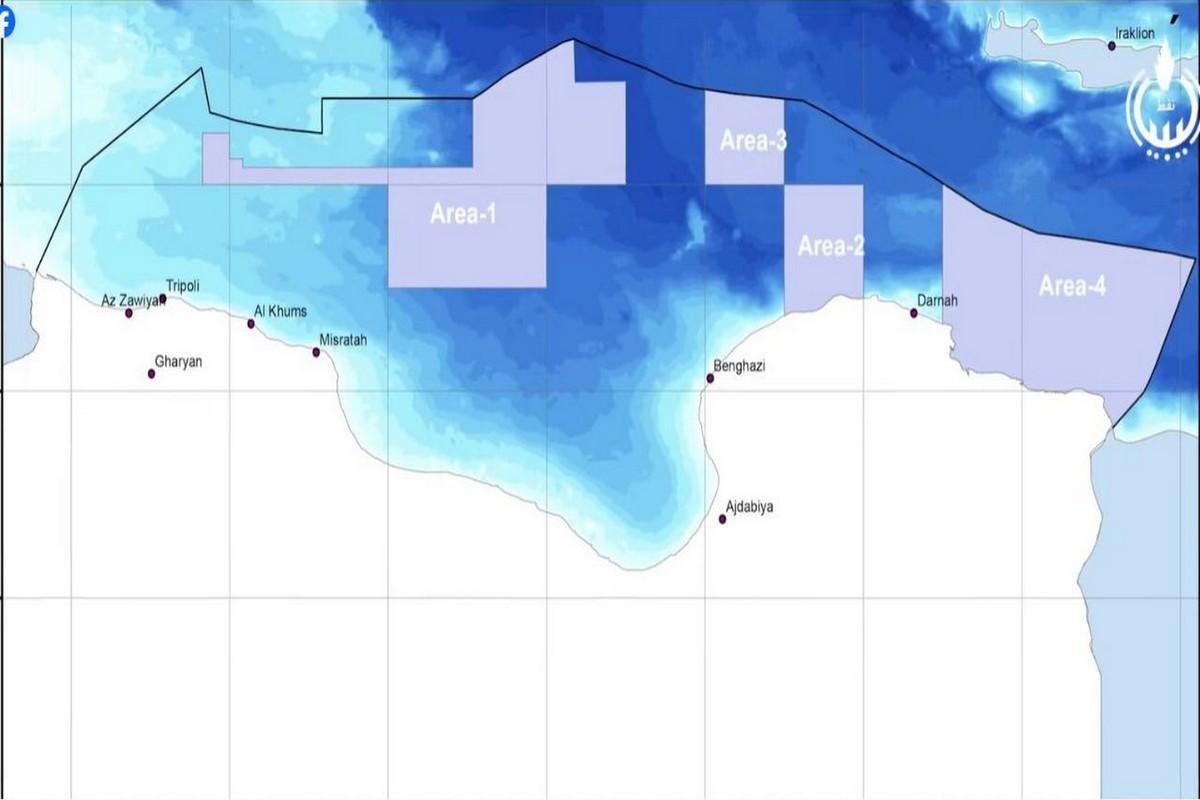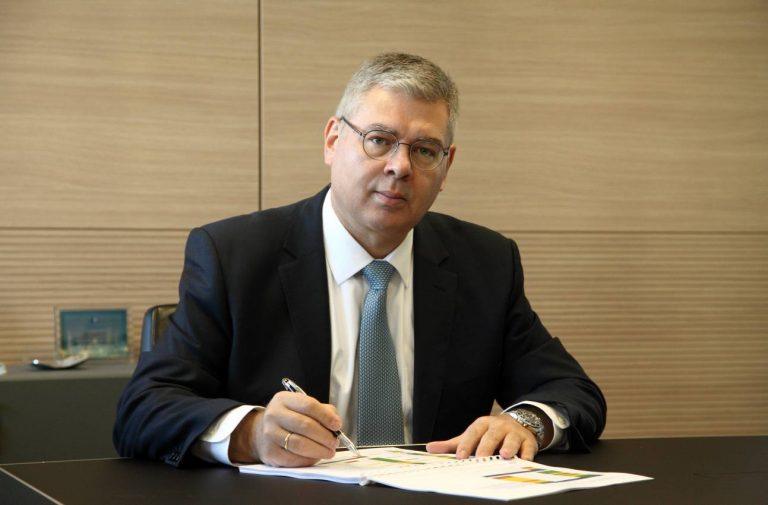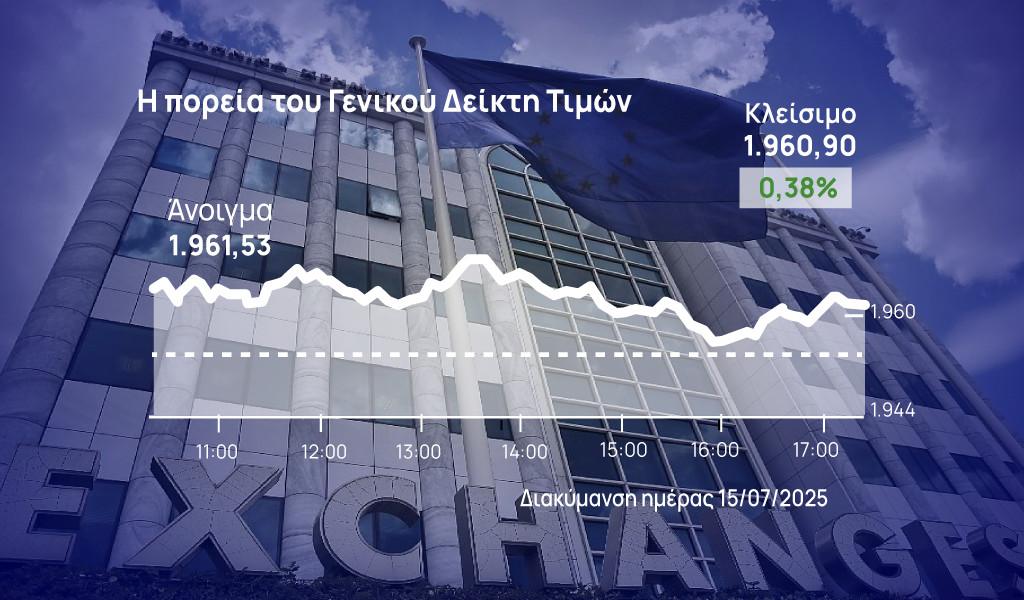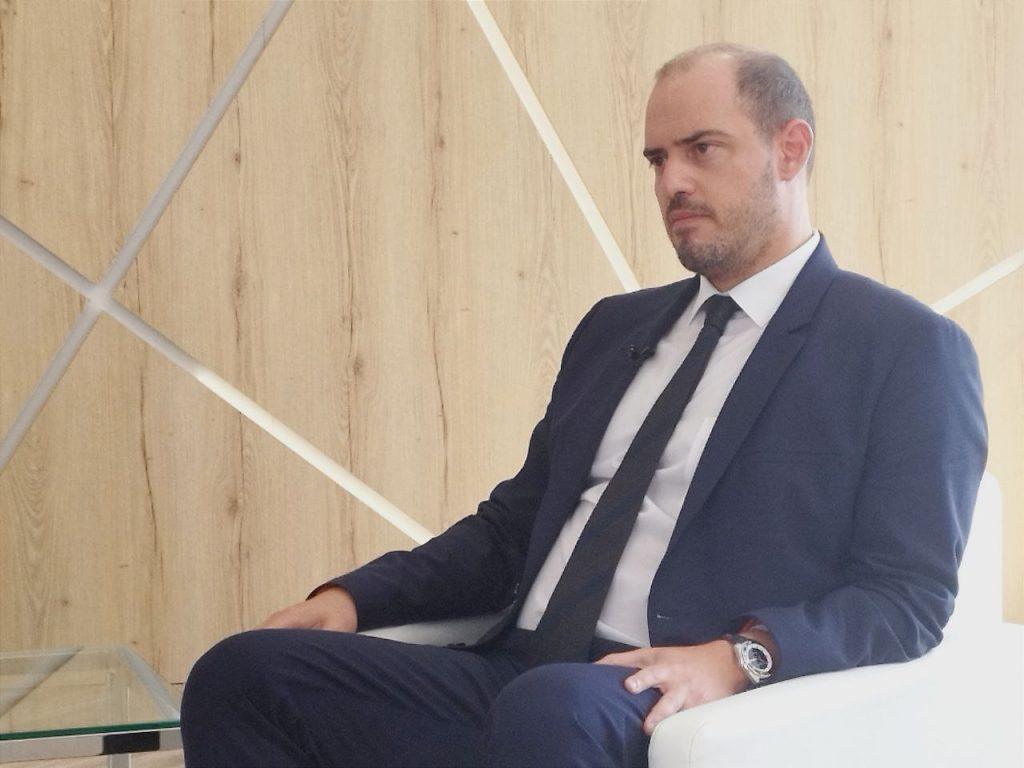The domestic production of 3,500 GWh (gigawatt hours) of hydrogen in 2030 from electrolysis, with a total capacity of 750 MW (megawatts), which will be powered by RES Renewable Energy projects, power 3 GW (80% photovoltaic and 20% windpower), planned hydrogen growth by 2030. The green hydrogen produced will mainly replace natural gas and partly petroleum in refineries, industry and transport sectors.
The members of the 20-member Committee for the “National Strategy for the Promotion of Technologies – Applications of Hydrogen and Renewable Gases”, using multipliers, based on the energy balance and the input-output tables of the Greek economy, calculated the effects of the development program, on an annual basis. in 2030 as follows:
· Reduction of carbon dioxide emissions: 750 ktCO2 (thousands of tons of oil equivalent) _ 1.5% of the total greenhouse gas emissions as foreseen by the National Plan for Energy and Climate for 2030.
· Reduction of gas and oil imports: 500 ktoe, which corresponds to a reduction of 10% and a reduction of import costs by 230 million euros.
· Total investments in the hydrogen supply chain of about 3-4 billion euros
· Jobs in the hydrogen supply chain 3,000-4,000
· Domestic added value: 90-110 million euros.
In the context of the baseline scenario, which supports the European policy proposal “Fit-for-55”, it appears that the EU needs to develop large-scale cross-border hydrogen transport and trade infrastructure, especially for the period after 2030. Greece can produce about 3 Mtoe of green hydrogen in 2040 and export 1 Mtoe. Respectively for 2050 it will be able to produce 7.4 Mtoe and export 2.3 Mtoe of green hydrogen, which corresponds to an export value of 1.6 billion euros per year in 2050 (0.9 billion euros in 2040 ). According to the draft National Strategy, which is expected to be put to public consultation next year, the total turnover of the hydrogen supply chain in Greece will be of the order of 10 billion euros per year in 2050. Until then, about 60 GW RES for the supply of electrolysis units (30 GW by 2040).
State aid for market development
The Greek economy has the potential to utilize a significant part of industrial production, construction and support (maintenance and services) of facilities throughout the hydrogen supply chain. The Hydrogen Commission proposes to facilitate investment to benefit domestic added value and employment by supporting the financial sector to meet the capital requirements of new investments in industrial production, construction and the provision of services related to hydrogen development. As the relevant investments will be innovative and surrounded by uncertainty, support through government guarantees and grants is proposed.
In addition, it is proposed to support companies providing construction services, installation, maintenance, digital services and automation for the entire hydrogen supply chain, the construction sector for hydrogen infrastructure projects, assembly and system installation activities, etc.
The Greek plan includes four stages. The first concerns the period 2022-2027, where there will be uncertainty in investments, due to the high costs. In these five years, state aid will be needed for infrastructure development. The second phase concerns the period 2025-2030, when the pilot projects will begin, as well as upgrades and adaptation of gas pipelines, hydrogen storage planning, with the role of the state remaining giving aid and tax incentives.
The third phase focuses on the creation of the market in the period 2027-2035, with the first hydrogen-only networks to facilitate mainly cross-border transactions, development of large-scale hydrogen storage, etc. The fourth phase of industrial maturation concerns the period 2030 – 2045, when completion of pan-European hydrogen and synthetic fuel infrastructure is expected , conversion of large sections of existing gas networks to hydrogen, storage systems, medium and large scale compression and liquefaction, as well as national interoperability with the European system. In addition, the Hydrogen Strategy identifies growth potential in various areas.
Possible development trends in industry
The possibilities offered by private initiatives for the acquisition of further Greek know-how in this field can be summarized as follows:
· Design and construction of hydrogen installations and in particular specialized hydrogen production systems, suitable transmission and storage networks, special security and control systems, etc.
Production and use of very low hydrocarbon footprint in non-energy uses in industry, such as refineries, ammonia production, production of alkenes and other raw materials in the chemical industry, and reduction of iron ore (if a corresponding steel industry is developed in Greece).
· High temperature heat production in industrial furnaces. Under conditions related to the cost and the maturity of the relevant technologies, the hydrogen of very low carbon footprint is a solution for cement industry furnaces but also in medium temperature applications. Hybrid boilers, which alternate between using electricity and hydrogen, could allow factories to take advantage of price or supply differences.
Modification of gas pipelines
The injection of relatively small amounts of hydrogen into the gas network is possible. Percentages of hydrogen up to 10% are considered to be safe to transport, with minimal modifications to the system, and to be used by existing end consumers (with the sole exception of use for CNG, where the acceptable limit is 2%). Higher percentages, up to 20%, require special adjustments (especially compression systems). The transmission system could in the future be used for the transport of pure hydrogen (repurposing) with investments ranging from 20% to 30% of the cost of construction of a new system.
As for liquid biomass (from organic, industrial and municipal waste) it can, with the appropriate incentive policy, be concentrated in central treatment plants, and then the produced biomethane / biogas, injected into the transmission system. There is no restriction on its transport, as long as its composition is compatible with that of natural gas. However, the injection of biogas / biomethane into the national transmission system is not done to date and is not provided for under the legal framework. In other words, as the authors of the National Strategy report, a low carbon footprint production capacity remains untapped, with additional environmental burdens of course.
DESFA natgas distributor proposes a solution for the injection of excess hydrogen in the sector of Western Macedonia, which is designed with specifications for 100% hydrogen. The project proposed by DESFA includes: 1) the possibility of mixing hydrogen, up to a percentage to be determined, in the gas network (in the industry and then with reverse flow in the main pipeline), as well as the development of separation solutions for consumers with special requirements (consumption of pure hydrogen), 2) the study and development of a pipeline specifically for hydrogen, which is expected to initially connect the industrial areas of Corinth, Athens and Thessaloniki, with possible expansion to Kavala (ammonia production, storage). Also, both systems should ensure interoperability with neighboring systems. The proposal is combined with the existing needs of the market but also the projects designed by the refineries.
Hydrogen vehicles in cities
Hydrogen is projected to play a leading role for the supply of heavy vehicles such as city and intercity buses, trucks and trains, in some cases, and generally in non-electrifying grid sectors. This sector covers 1/3 of the energy consumption of the transport sector in Greece. Important for the penetration of hydrogen vehicles is the parallel development of vehicle supply infrastructure. The immediate possibilities in the field of transport are mentioned as follows:
- Buses: In the first phase, 120-250 city buses could help reduce pollution in the centers of large cities, while an installation facility could be set up, possibly in the areas under energy transition (Western Macedonia). The technology is mature and approaches the costs of buying and using conventional vehicles. In the first phase, it is proposed to launch 30-50 intercity buses. The technology is not yet mature so there is room in the market for their development and assembly in Greece.
- Light distribution trucks: Possibility for traffic of 5,000-10,000 in the cities. Some of them could be modified in Greece.
- Heavy-duty trucks: Provision number 80-160 for noise-free or polluting waste collection. In Greece, the superstructure could be placed on imported bodies.
Private cars: 30,000-60,000 vehicles. - Trains: 3 to 12 trains for main traffic in parts of the network that are not profitable to electrify and 2 to 5 maneuvering machines at stations. It implies an environmental benefit for Greece with a reduction of pollution, specialized jobs for the maintenance of trains and gas stations.
- Shipping: A certain number of passenger-vehicle ferries of closed type ships that run on H2 or ammonia for transports from the mainland to the island country. This type of ship could be designed and built in Greece in one of the existing shipyards. Supply infrastructure in selected ports could include H2 and / or ammonia production. A similar possibility exists for an open type passenger car-vehicle running on H2 or ammonia for local lines.
- Production of synthetic fuels for use on conventional ships. Green hydrogen could be combined with green CO2 (retained eg in biomass / waste gasification plants) in a synthesis plant to produce liquid synthetic fuels. They could use existing liquid fuel transport and distribution infrastructure for ships as well as power conventional ships. Production should be central, close to a green CO2 holding unit.
- Refueling stations, estimated at around 100 in the first phase, capable of supplying 0.1-1 tons of hydrogen per day for catering to private vehicles or fleet vehicles, trucks or buses. Greek companies could be involved in the installation and operation of the “hydrogen stations” as well as in the construction of parts of the equipment.
Other areas of hydrogen applications
Among other things, the Hydrogen Strategy refers to low (0.5-5kW), medium (5-100kW) and high (> 100kW) power back-up power systems for applications in remote off-grid areas, environmentally sensitive and with unstable grid electric power. These systems can be supplied with various fuels (liquefied petroleum gas, natural gas, biogas) which, together with water, convert them into electrical and thermal energy, through fuel cells, with intermediate production of hydrogen. Application targets include housing, telecommunications, transportation, shipping, biogas plants, hospitals / buildings, etc.
Also, applications of fuel cells in small or medium heat and electricity cogeneration units are described. This technology is currently quite expensive compared to other micro-cogeneration technologies but has the advantage of producing energy from RES if it uses green hydrogen.
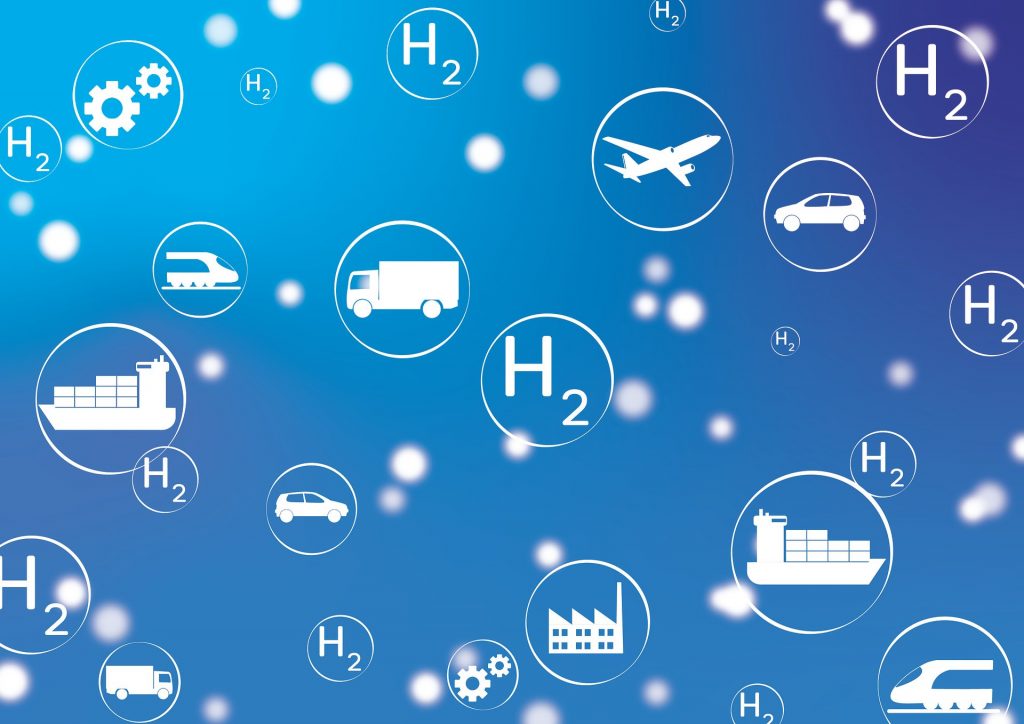
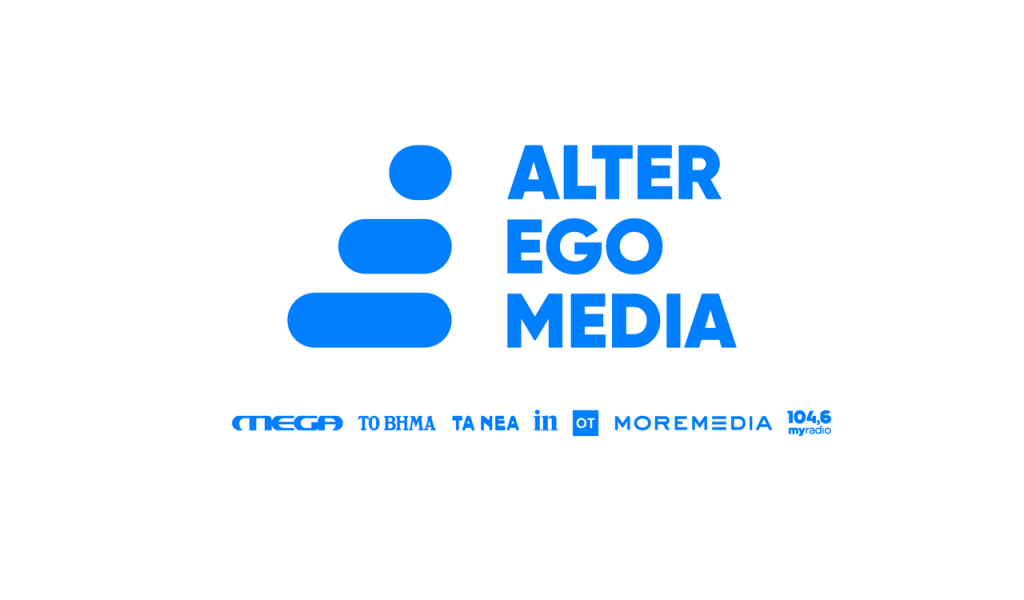

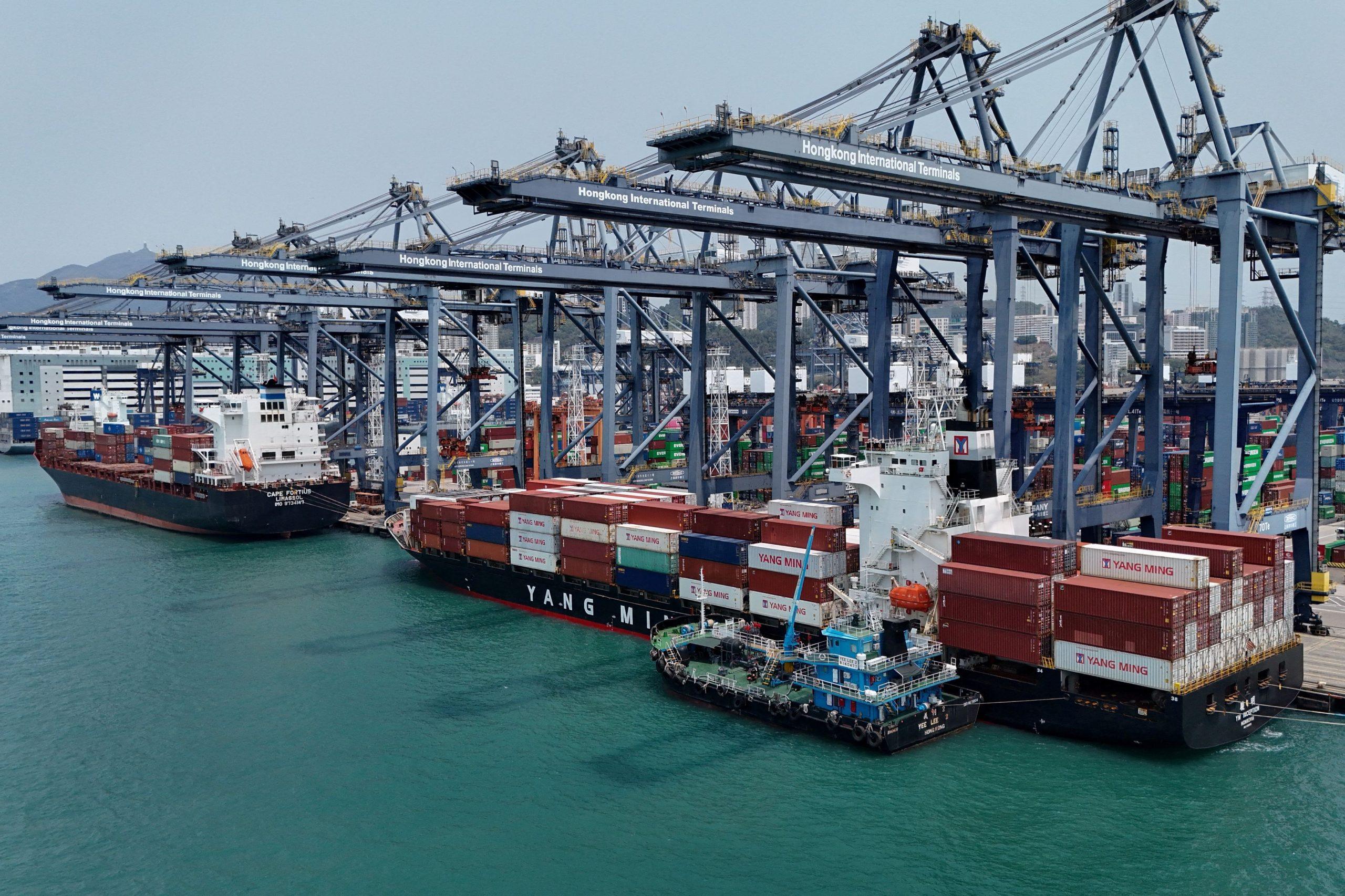






![Εξοχικές κατοικίες: Πόσο κοστίζει το τ.μ. σε Μύκονο, Σαντορίνη και Πάρο [γραφήματα]](https://www.ot.gr/wp-content/uploads/2025/07/14_07_ot_exoxika_EXO.png)











